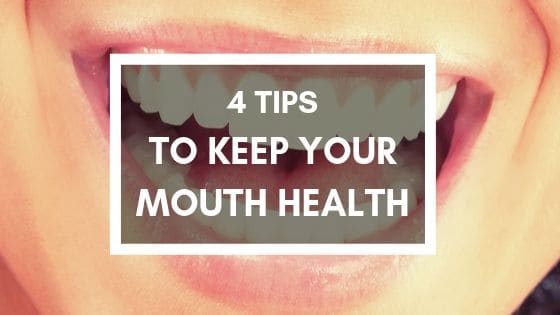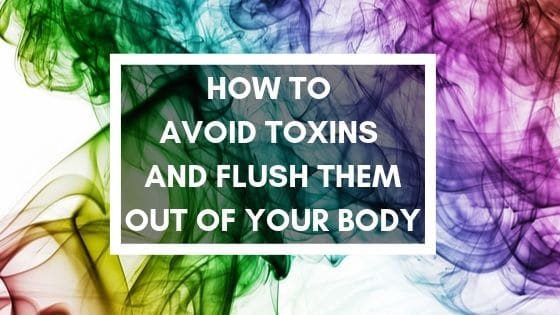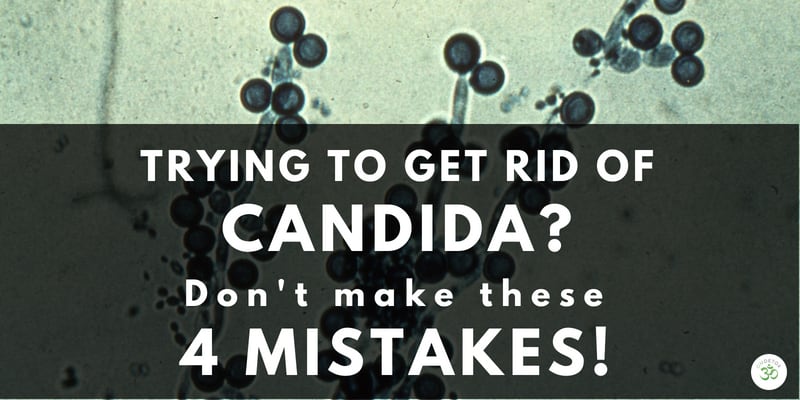
Are you dealing with a Candida overgrowth?
Candida Albicans is the yeast-like fungus that causes thrush (infection in the mouth) and vaginal yeast infections. It is also part of our digestive system, working with our other gut bacteria to keep us in good health.
It is present in places like our skin, our mouth, throat, colon, and vagina. And it should be in balance with the rest of our gut flora.
Unfortunately, Candida can also overtake our good bacteria. If the environment inside our mouth, throat, or esophagus changes in a way that encourages Candida to multiply, it can cause an infection.
Our poor diets are to blame, as well as the use of antibiotics, birth control and alcohol. Even a stressful life can affect the balance of your microbiome and provoke an overgrowth of Candida.
95% of Candida infections in the US are caused by five species of Candida: Candida albicans, Candida glabrata, Candida parapsilosis, Candida tropicalis, and Candida krusei. Candida albicans is the most common.
If you are suffering from a Candida overgrowth, you may experience symptoms like fatigue, brain fog, sugar cravings, joint pain, gassiness, bloating and yeast infections.
Candida also produces toxins like acetaldehyde, which creates free radicals in the body and different immune reactions.
An overgrowth of Candida can be very hard to control because it can become resistant to the treatment you are using. Did you know that some species of Candida are either naturally resistant or are becoming resistant to the antifungal medications?
Very often, people try to deal with their candida problem but end up making it worse. And I’ll tell you why! Here are some of the common mistakes people make when trying to kill off Candida.

Trying to kill ALL the Candida
Many people don’t understand this important fact about candida: it is absolutely normal to have some this fungus hanging out in your digestive system. There is no need to try to kill it all.
Having Candida in your bloodstream could cause a serious life-threatening infection. However, testing positive for it in your mouth is completely normal. You need Candida just like you need other bacteria and yeasts in your GI tract.
When an overgrowth becomes a problem for you, don’t try to kill all the candida! It’s actually not even possible.
When people take strong anti-fungal drugs like Fluconazole, Nystatin or ketoconazole, they kill many Candida cells while eradicating other beneficial bacteria that were keeping bad bacteria in check. (These drugs can also be damaging to the liver.)
As we mentioned earlier, candida can become resistant to these drugs and create more problems. Even natural antifungal herbs should only be used a couple days at a time (in rotation).
Natural treatments for candida include bentonite clay, diatomaceous earth, oregano oil, coconut oil, wormwood, Pau d’Arco, grape seed extract and aloe vera, just to name a few.
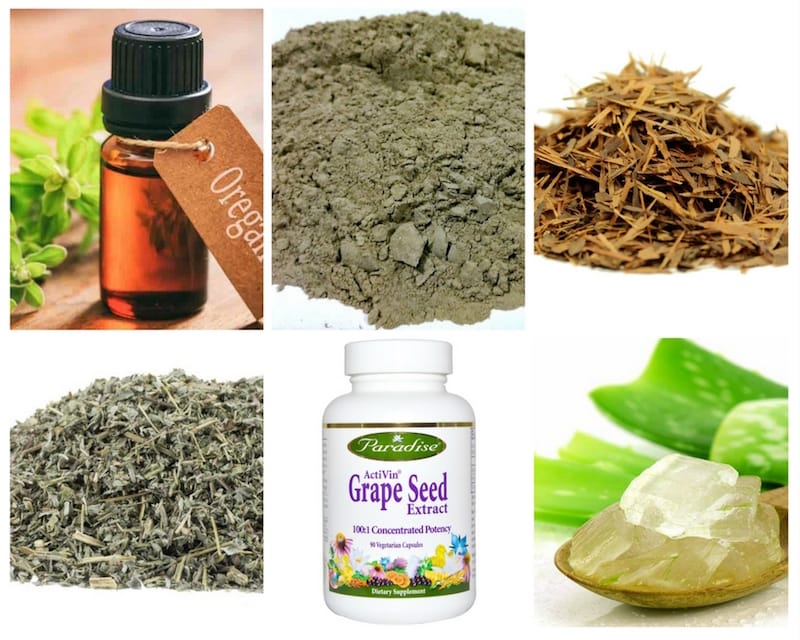
I think that the best natural remedy for a candida overgrowth (or any other digestive issue) is a good detox and colon cleanse. It will rest your digestive system and heal the damage that has been done to your gut walls.
I think that my 7-day program is the best for candida. It flushes the content of the bowels and resets everything. Plus, my colon cleanser capsules and shakes are truly candida’s worst enemies!

Following the famous “Candida diet”
This diet can be very hard, since it requires to cut all sugars from your diet, even starchy vegetables. Removing all carbs from the diet might actually not be the best solution.
The idea behind the diet is to remove all the food that Candida supposedly likes. It is said that this yeast thrives on sugar. So taking all the carbs out of the diet seems to be our best option. But wait.
When you avoid all sugars, your diet becomes a low carb diet, or a ketogenic diet. It forces your body to burn fat instead of sugar for energy, which produces ketones. And studies have shown that yeasts actually feed on the ketones coming from the low carb diet.
When you think about it, the low carb diet does not make much sense, since sugar gets absorbed in the small intestine… so how does it feed Candida in the colon if it does not even make it there? Many studies actually have shown that there was no correlation between Candida and our sugar consumption.
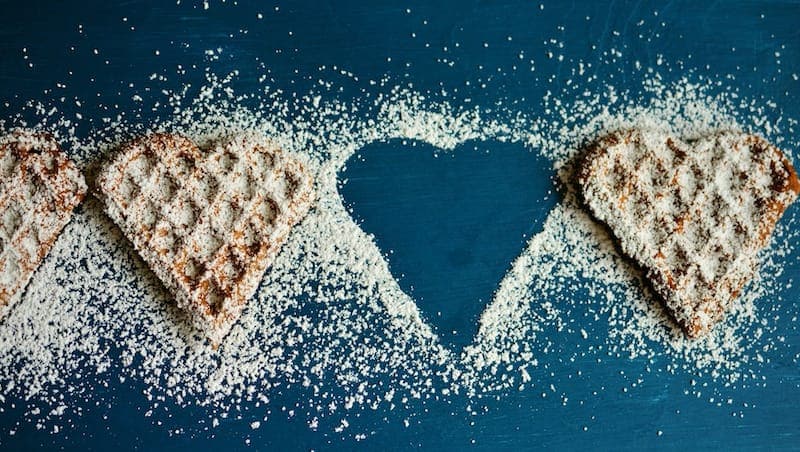
Carbs are the primary fuel of the body. We absolutely need sugar for cell functioning. Lowering our intake of industrial sugar is definitely a good thing, but we should not avoid fruits, vegetables and whole grains.
What you need is a healthy gut flora, which can be obtained with a healthy lifestyle and some cleansing. Cutting out dairy and alcohol will help, as well as eating fresh and organic whole plant foods.
The diet alone will not kill the candida cells. The best way to treat it is to flush your digestive system, adopt a healthy diet and repopulate your gut with probiotic supplements.

Not recolonizing the gut with probiotics
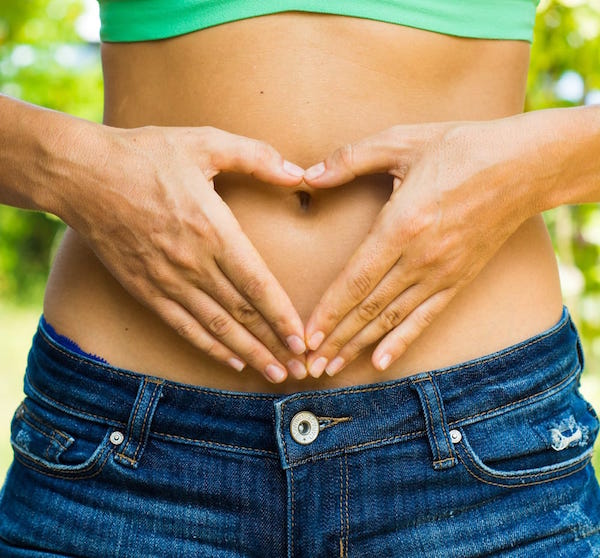
Many people focus on the diet, when they should actually put their efforts into recolonizing their gut with healthy bacteria. Probiotics are the ones that will control an overgrowth of fungus like Candida.
Very often, a candida overgrowth takes place because the other good bacteria were killed after an antibiotic treatment. If probiotics were taken, there would be no problem.
Probiotics help rebuild a strong immune system and fight future infections. They allow you to rebalance your gut flora and fix your candida problem.
You should take probiotic supplements every day, and eat lots of prebiotic foods (fibre-rich) to feed your new good bacteria.

Returning to your unhealthy lifestyle
Do you think that if you spend all this time trying to kill the candida in your gut, returning to your old lifestyle is a bad idea? isn’t it what got you sick in the first place?
Don’t ruin all your work for a pizza or a donut! Having a healthy digestive system is only possible when you have a healthy diet. Doesn’t it make sense?
Eating inflammatory and sugary foods again will only encourage Candida to come right back. After you’ve controlled your Candida overgrowth, remember that it’s not over yet…
Your gut needs to be recolonized with new healthy bacteria, with the help of probiotic supplements. Your intestinal wall is probably also damaged, so it’s important to heal with chlorophyll-rich foods (greens) and L-Glutamine supplements. Choose a whole food plant-based diet and remove processed foods from your menu.
You will read on the internet that you should only reintroduce the inflammation-promoting foods when you are symptom-free. But why not avoid them forever? The idea is not to get sick again, right?
Trust me, eating a healthy diet will help you build a strong immune system and fight future infections. It will also allow you to have a healthy digestion and help you achieve your weight loss goals!
So tell me, have you made any of those 4 mistakes while trying to fix your candida problem?
sources:
Brusko CS, Marten JT. Ketoconazole hepatotoxicity in a patient treated for environmental illness and systemic candidiasis. DICP. 1991 Dec;25(12):1321-5.
Weig M, Werner E, Frosch M, Kasper H. Limited effect of refined carbohydrate dietary supplementation on colonization of the gastrointestinal tract of healthy subjects by Candida albicans. Am J Clin Nutr. 1999 Jun;69(6):1170-3.
https://www.thecandidadiet.com




